Greece has made significant efforts to adopt a tax policy on crypto assets as the use of cryptocurrencies grows globally. In January 2025, the Greek government introduced new tax regulations for cryptocurrency transactions.
16.01.2025
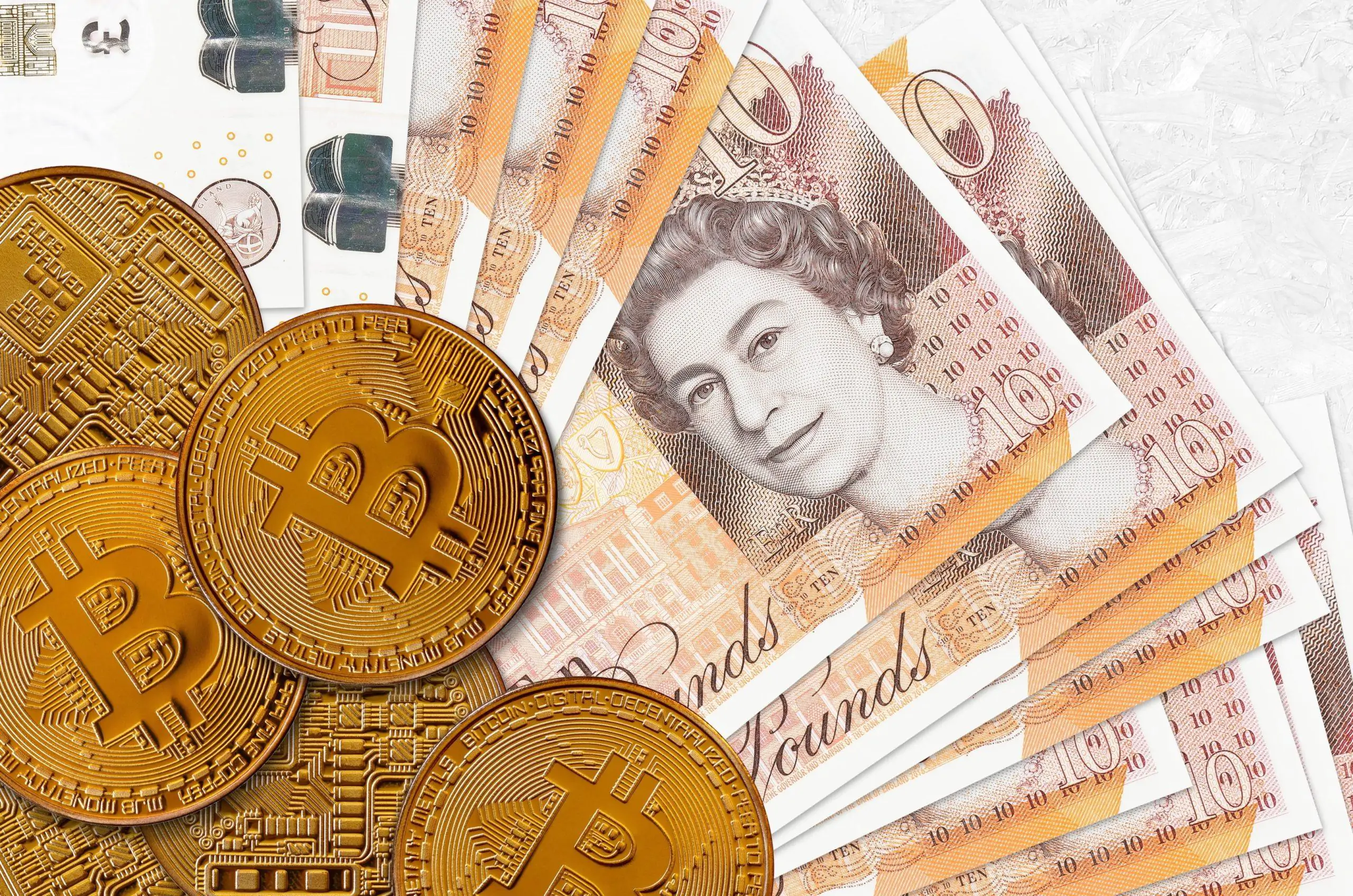
Cryptocurrencies have become increasingly popular with investors. So it’s no surprise that many people have become interested in investing in digital assets for the long term.
To date, the number of crypto users in the UK is expected to reach 23.95 million this year.
However, before making any crypto investments, you should consider all the ups and downs.
In 2018, HMRC (the UK’s tax, payments and customs authority) published a manual on wrapping the existing tax code around cryptocurrency. It defines crypto as a type of asset, not money. The HRMC also sets out the main laws and regulations you need to follow when dealing with crypto assets in terms of tax.
In this article, we’ll look at the main types of cryptoassets for tax purposes and the main types of tax in the UK.
Classification of assets according to HRMC
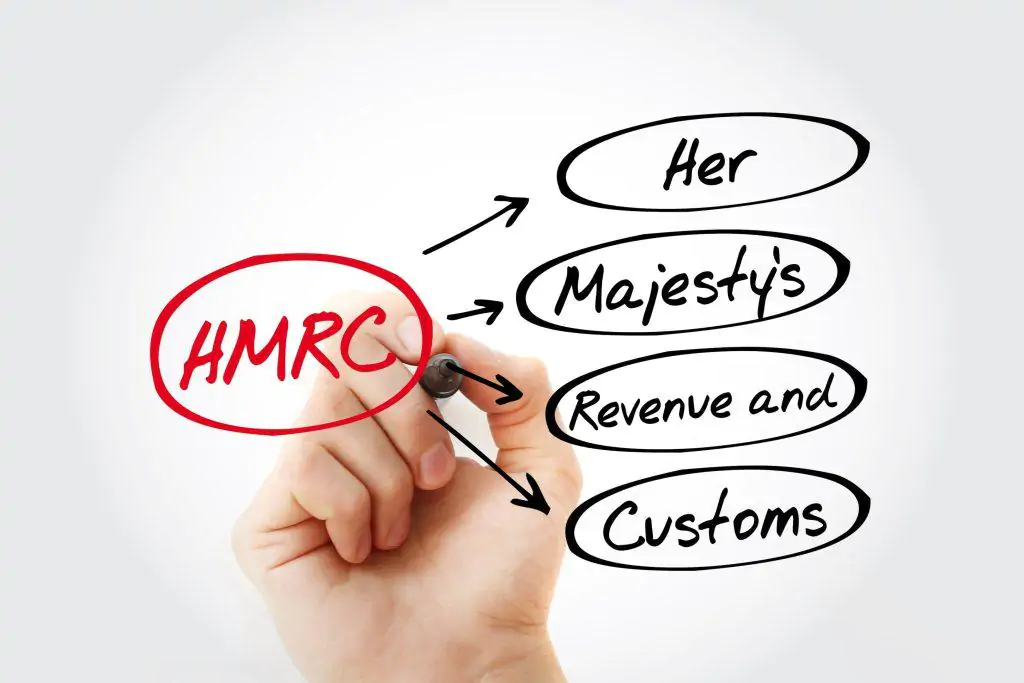
According to HMRC, cryptocurrencies or tokens are cryptographically protected digital assets that can be transferred, stored and traded electronically. There are four main types of such tokens that fall under different tax regulations, so it’s crucial to learn this classification:
- Exchange tokens: can be used for payments and investments (bitcoin, ethereum, etc.).
- Security tokens: represent any kind of rights in the company, including ownership and profit claims.
- Utility tokens: these assets give you access to specific goods or services (this is often done on distributed ledger technology (DLT) platforms).
- Stablecoins: these are less volatile than other types of assets and are pegged to stable assets such as fiat currency or gold to maintain a stable price.
Is there a crypto tax in the UK?

The UK doesn’t have a specific digital asset taxes. These types of assets are recognised by HMRC. Those individuals who use crypto in their everyday financial life are covered by the existing taxation, which are the Income Tax and the Capital Gains Tax.
UK Capital Gains Tax (CGT)
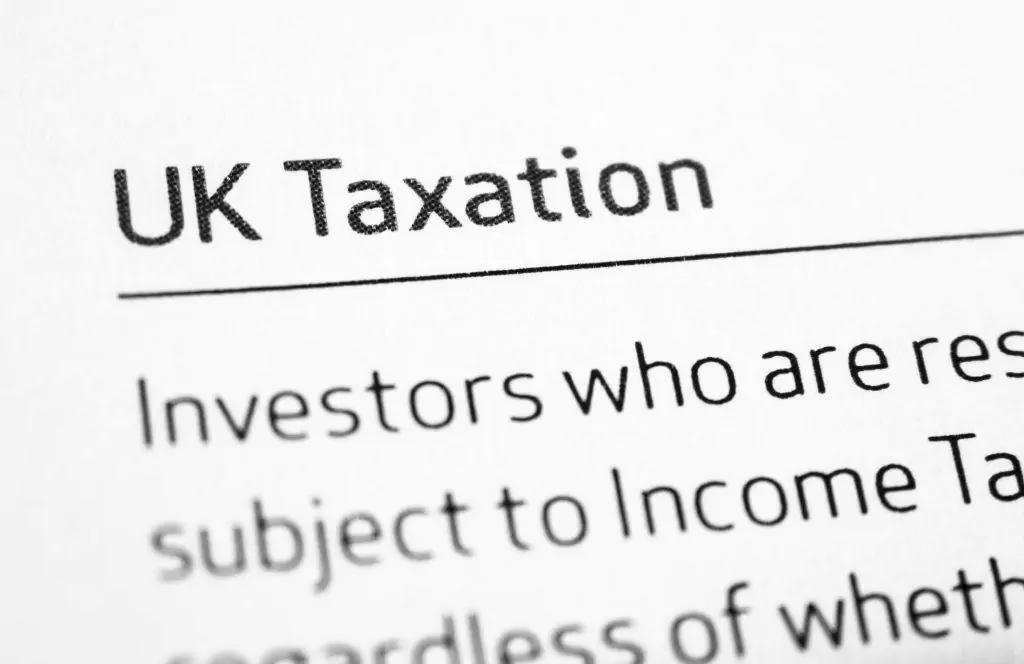
If you are making financial operations with crypto as a form of investment, then your actions fall under the Capital Gains Tax. So, if your net capital revenue (both inside and outside of crypto) exceed the CGT annual allowance within the current tax year, you’re liable to pay CGT as an investor.
So every time you sell a digital asset, it must be taxed.
The main types of disposal subject to capital gains tax include:
- Selling crypto for fiat (GBP)
- Trading/exchanging one crypto for another crypto
- Spending crypto
- Gifting crypto (to anyone, including spouses, friends and family)
Always calculate your income each tax year to understand how much you’ll pay. For example, if you bought 1 BTC on 11 May 2024 when the price was $67,000 and then sold it in December 2024 during ATH for $107,000, your gain will be $40,000.
That’s the amount that will be taxed, not $107,000 or $67,000.
In short, only your income is taxed, not the full amount of the assets. NFTs are not considered as gains as they are all individual.
How much tax do you need to pay on capital gains?
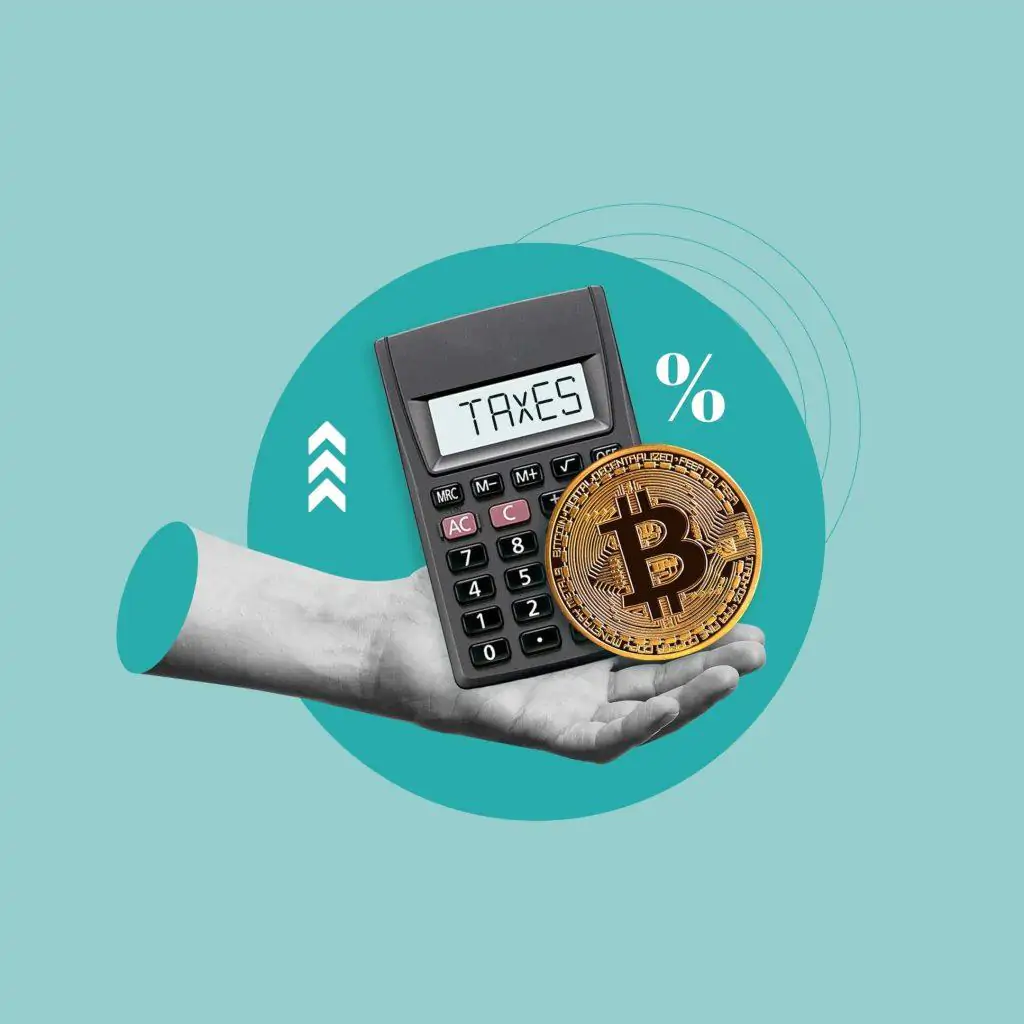
If the total amount of your gains exceeds the capital gains allowance, you will pay tax from 10% to 20%. It depends on your complete income for the tax year.
If you’re still in doubt about how much money you’ll be paying, check the exact price of the asset on the date given on CoinGecko, CoinMarketCap and other relevant resources.
So with the amount given above, your tax rate would be 18% of 40000 = 7200 (according to the capital gains tax rate in 2025/2026). If the general taxable revenue is over £50,270, it will be 24%.
So $107,000 – $7200 = $99800. That’s your net income.
Is it possible not to pay Capital Gains Tax
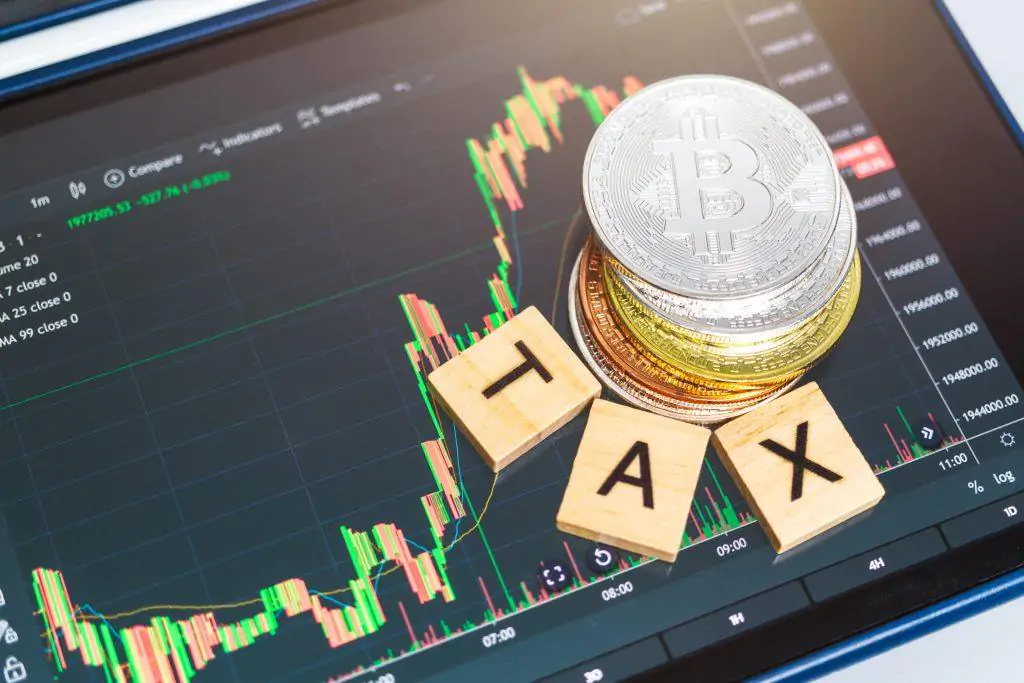
There are several cases where you don’t need to calculate profits because they are not covered by the law:
- Your buying and selling financial transactions are not trading.
- The total value of the assets you utilized during the tax year is less your annual capital gains tax allowance (£3,000 for 2024/25).
- You have not made any other capital disposals during this tax year.
In all these cases you don’t need to report the crypto asset disposal to HMRC.
UK Income Tax
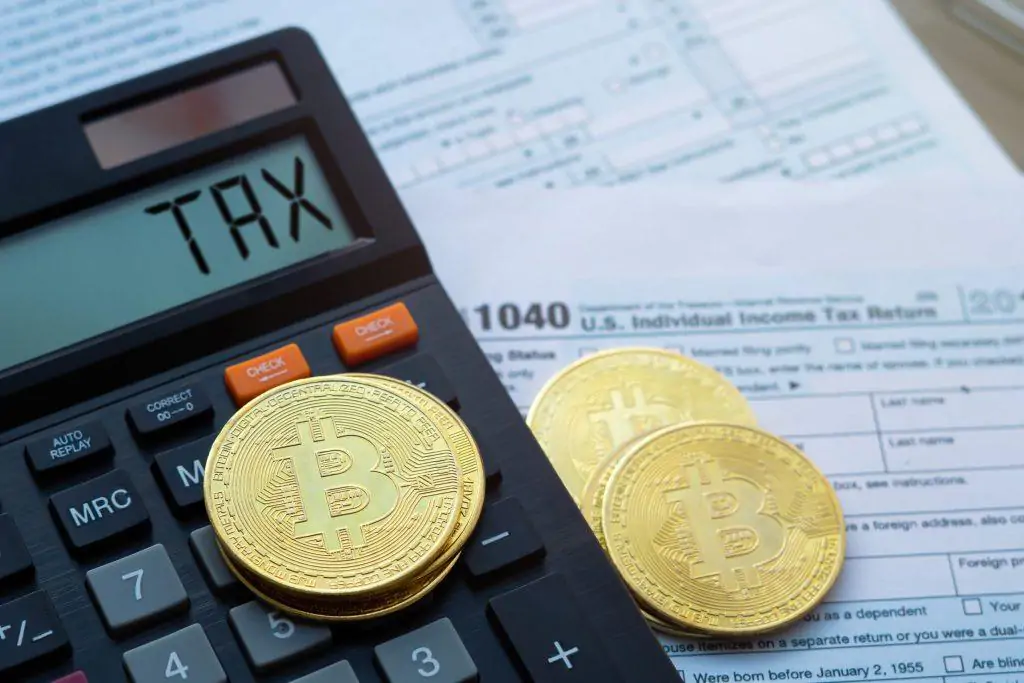
If you receive any type of income from your digital asset activities, including staking, mining, loans, etc., such income is always subject to crypto tax.
How much will you have to pay? It depends on the type of transaction, the reward you receive and the tax that is applied.
However, if you receive a crypto asset as a gift, it doesn’t fall under the tax regime. Let’s look at some cases where income tax is unavoidable.
Let’s say, your annual income is £45,000 and you received an additional £10,000 for trading activities. This means that your total income tax band is higher rate (over £50,271) and you’ll pay 40% tax on your trading, which is £4,000.
Mining

Mining actually refers to the bitcoin rewards for providing the power of your PC to solve difficult mathematical problems. The answers to such problems are usually used in bitcoin blockchain to support the security of the whole ecosystem. This reduces the possibility of fraud to zero.
HMRC states mining is a trading income if the activity relates to direct trading. In all other cases it is treated as other income. However, both types of mining income are taxable.
Is it possible not to pay mining income crypto tax?

Yes, it is possible if you use the trading allowance, which is a tax-free exemption for occasional and other income of up to £1,000 within 1 tax year. If your revenue is above this amount, you’ll need to decide whether it’s trading or miscellaneous income. They are always reported differently.
Staking

Staking is similar to earning interest on your bank deposit. This is a regular reward for locking/staking any cryptoassets for a definite period of time. Sometimes this period of time may grow due to certain changes on the market. However, staking is not treated as savings income by HMRC. As with mining, this process is used to support further transactions throughout the ecosystem.
That’s why, as with mining, income from staking is usually taxed as either trading income or other income. Keep in mind: if you stake your crypto assets with further transfering ownership of them to someone else, this may be reviewed as a sale for capital gains tax purposes.
Airdrops

Airdrops are a type of marketing activity focused on promoting a particular coin and sending a certain amount of it to your wallet in exchange for certain actions on your part (that help spread the word about that coin).
If the airdrop is free, you don’t have to worry about it as it won’t be taxable. In any other case, if you receive tokens in exchange for certain services you provide to the sender, HMRC will consider such assets to be taxable. Such crypto assets will also be treated as either other income or trading income.
Is it possible not to pay airdrop income tax?
Yes, there are several cases where you don’t have to report to HMRC or pay income tax on the crypto assets you get in a particular airdrop.
- Total value of digital assets received in a tax year does not exceed the trading and other income allowance of £1,000 within 1 tax year.
- There is no other trading or other income in the year.
Employment income
If your employer gives you any kind of digital assets that can be exchanged for cash quickly (e.g. popular ones like bitcoin or ethereum) in return for your work, then they will definitely have to account for income tax and National Insurance on the value of the crypto assets you receive.
If the tax has not been deducted by your employer, then you will have to pay taxes yourself directly to HMRC via self-assessment. Remember that the usual deduction deadline is October 5 after the end of the tax year.
Is it possible not to pay employment income taxes?
If your employer sends you the kind of crypto assets that can’t be easily exchanged for fiat, you don’t usually have to pay employee national insurance on the amount.
Trading

The purchase and sale of cryptoassets will normally be assessed by the HRMC as a capital investment. So this is a taxable income.
However, if you have regular trading activity, you may be considered as self-employed cryptoasset trader. In such case, you’ll pay income tax and national insurance.
Note that your trading activity on exchanges is not always considered trading. Also, if you receive cryptocurrency, the question is whether this income is treated as trading or other type. HMRC states that this can be determined depending on factors such as scale of activity, organisation, risk and commerciality.
In summary, you need to consider whether your activities have the hallmarks of trading.
How to not pay tax on cryptocurrency uk

Keep in mind that you don’t always have to pay taxes on your crypto transactions. How to not pay tax on cryptocurrency UK? It’s not possible 100%, but here are certain ways to lower taxation. There are some cases that are not taxable income, including:
- Buying crypto with fiat currencies like GBP
- HODLing your assets
- Charitable activities
- Sending crypto to your wife/husband or partner
- Transferring your own crypto between your own accounts and wallets
There are several methods that experienced users suggest to lower crypto taxation. Each of them has its pros and cons aso make sure you explore them thoroughly:
Loss harvesting
Sell your digital assets at a loss to minimise gains and reduce taxable income.
Loss carry-forward
Optimise future gains by using losses from previous years. Always keep detailed records of all your transactions to make this process seamless.
Transfer
Transfer your assets to a spouse or civil partner to take advantage of their tax-free allowance. This can be particularly useful if they are in the basic rate band and yours is higher.
Use allowances
Realise gains within the annual tax-free capital gains allowance to avoid capital gains tax.
Donate crypto
Minimise tax by sending crypto donations to charity. Deduct the market value of the donation.
Choose a good time
Sell crypto in a low income year to reduce tax liability or make sure your income is relevant to a lower tax bracket.
Consult a tax expert
Seek professional advice from a tax advisor with income tax experience to identify tax-saving opportunities and ensure compliance.
Use crypto tax software
There are certain tools like Blockpit or Recap that help you simplify trade tracking and calculate all the taxes precisely.
Can HMRC see my crypto?
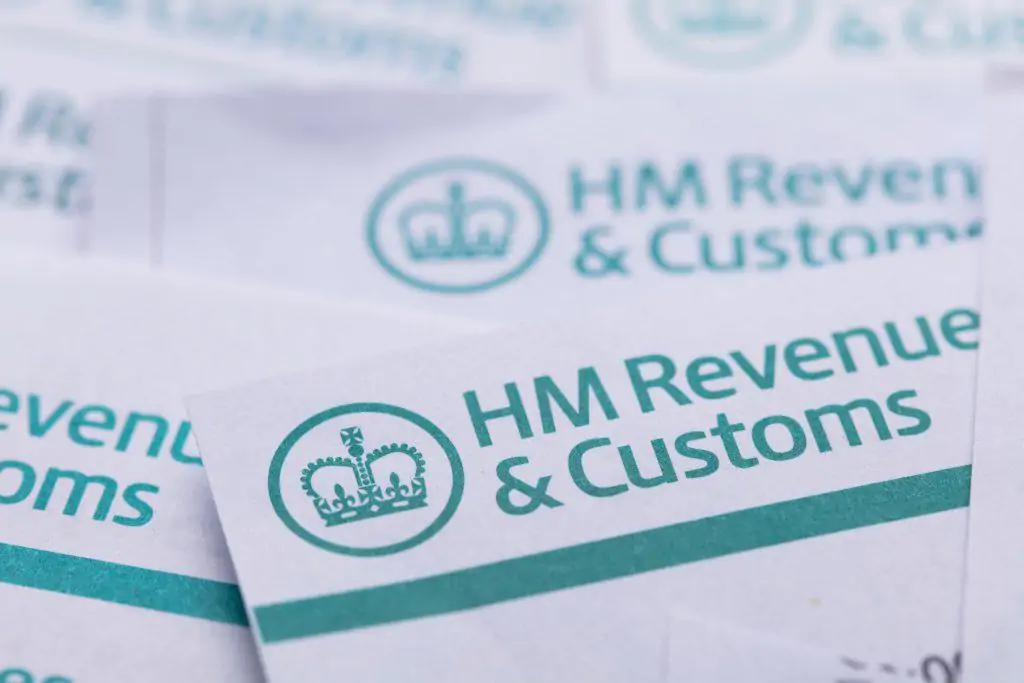
Yes, HMRC has used data matching to tackle crypto tax fraud. It uses data provided by major exchanges such as Crypto.comor Binance. HMRC is able to track crypto transactions and target individuals who have serious problems with their tax obligations.
Taxation of additional crypto transactions
Hard forks
It is tax free. According to HMRC, a hard fork cannot be considered as a disposal of the original asset, so there is no immediate tax possible.
The cost of the original cryptocurrency should be distributed between the original and new cryptocurrencies. This allocation is essential for determining gains or losses when you later sell or exchange either cryptocurrency.
Lost or stolen cryptoassets
It is potentially tax deductible. Losing access to cryptoassets for a number of reasons, including a lost private key is not a disposal for capital gains tax purposes as the key itself and all assets are still present on theledger.
If you can’t recover your private key, you can simply claim a negligible value. Detailed information can be found in HRMC documents CG13155 and CRYPTO22500.
Self-employed income
This relates to income tax. Keep a record of all your transactions during the tax year to make sure you don’t forget to declare anything before you pay tax. Record the details on your self-assessment tax return. Deduct business expenses, but keep thorough records.
Liquidity mining fees

This may be treated as income, especially if the rewards are paid by the platform on a regular basis. However, the type of tax may differ.
Income tax: If you receive tokens on a regular basis, this is likely to be considered as earned income. Calculate their value in pounds when reporting.
NICs: National Insurance Contributions may be due if your assets are classed as self-employed income.
Capital Gains Tax: If you sell your tokens later, you’ll have to pay Capital Gains Tax on any profit you make.
Staking rewards:these are also likely considered income and taxed the same way.
Adding or removing liquidity

Adding or removing liquidity relates to capital gains tax. Investing in liquidity pools and receiving LP tokens in return is a disposal that may be reviewed by HRMC as capital gains tax on any profit you make.
First, calculate the cost basis by adding up the value of the tokens contributed. Subtract this from the market value at the time of disposal.
Minting and buying NFTs

Minting and buying NFTs is completely tax free in the UK. However, when you buy NFTs, you may have to pay VAT (Value Added Tax) on the purchase price. This may be included in the price or added on if you are buying from an international seller.
Selling NFTs
Selling NFTs is subject to capital gains tax on the profit made, regardless of whether it is against fiat or cryptocurrency.
You may also be charged VAT. VAT is not normally charged on the sale of NFTs by private individuals, but certain VAT rules may apply to commercial transactions.
Conclusion
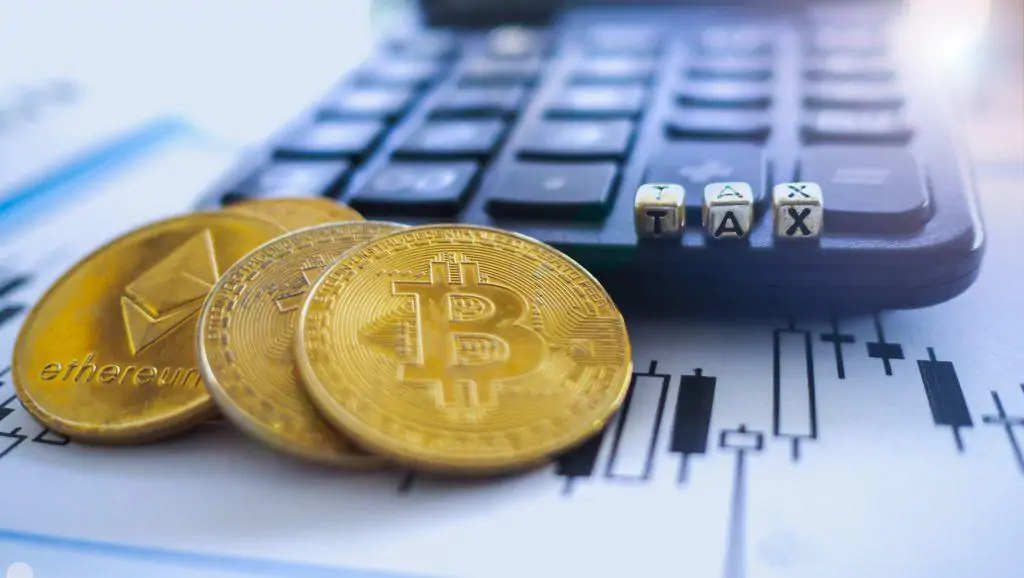
It is crucial to understand all the laws and regulations before starting any financial crypto activity in the UK. Remember that you can’t avoid taxation 100%, but you can optimise them in your favour if you do everything right.
Check out all the available taxes, including capital gains tax and income tax. Explore all the HRMC legal documents to learn the knowledge base and consult legal experts if necessary.
Make sure you write down all your crypto transactions and keep them in a safe place to calculate your income tax rates correctly. Remember that it is entirely possible to minimise your income tax if you follow all the rules. Visit the HMRC website for an official and detailed guide to crypto taxation.
Keep up to date with all the latest UK tax news. Visit GOV.UKfor guidance on the tax consequences of selling (disposing of) or receiving cryptoassets.
Prepare a clear plan to optimise your tax costs only after you have completed all of these steps. Weigh all the risks, analyse your crypto activity and create the best financial plan to reduce your tax costs.




